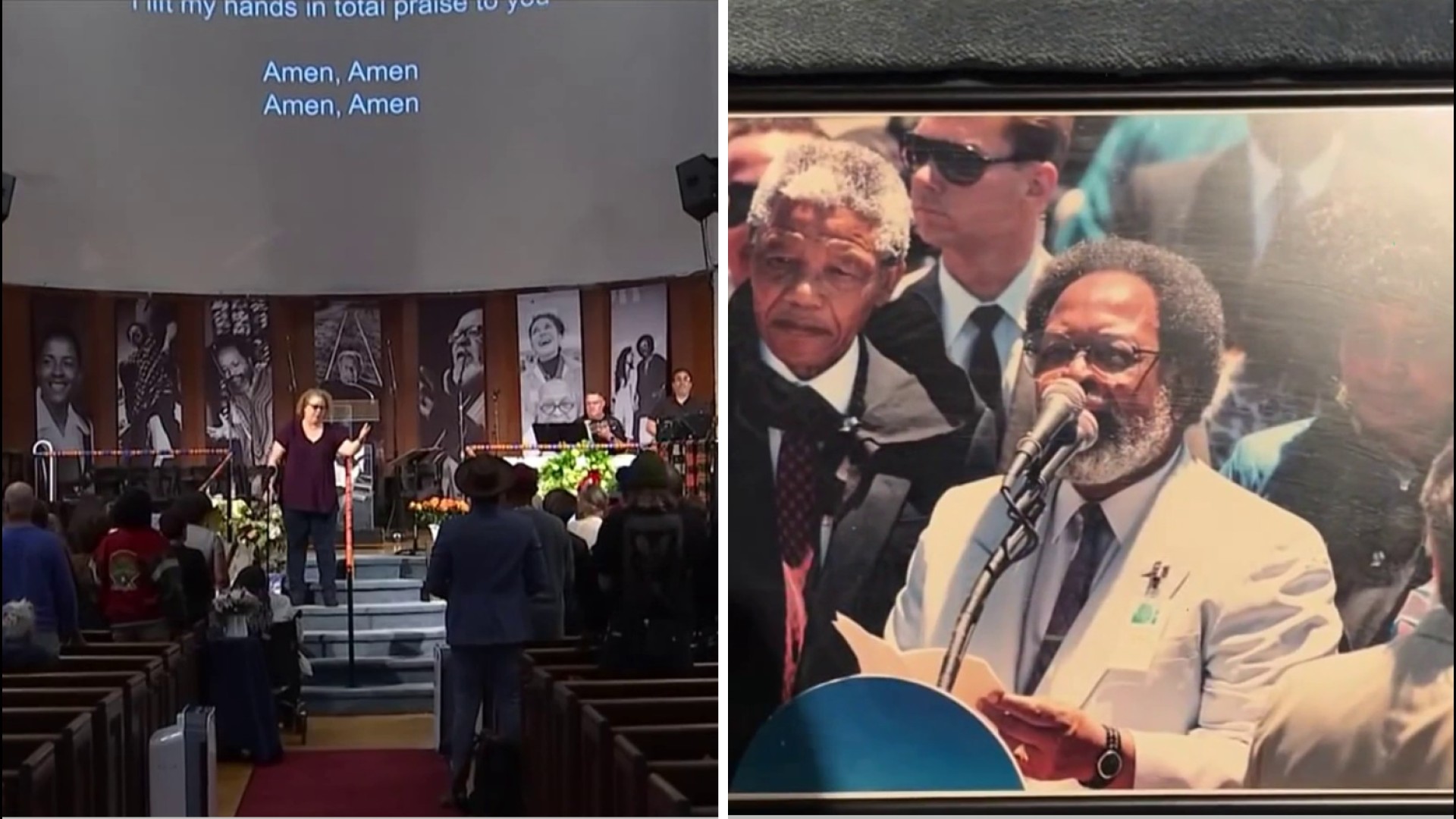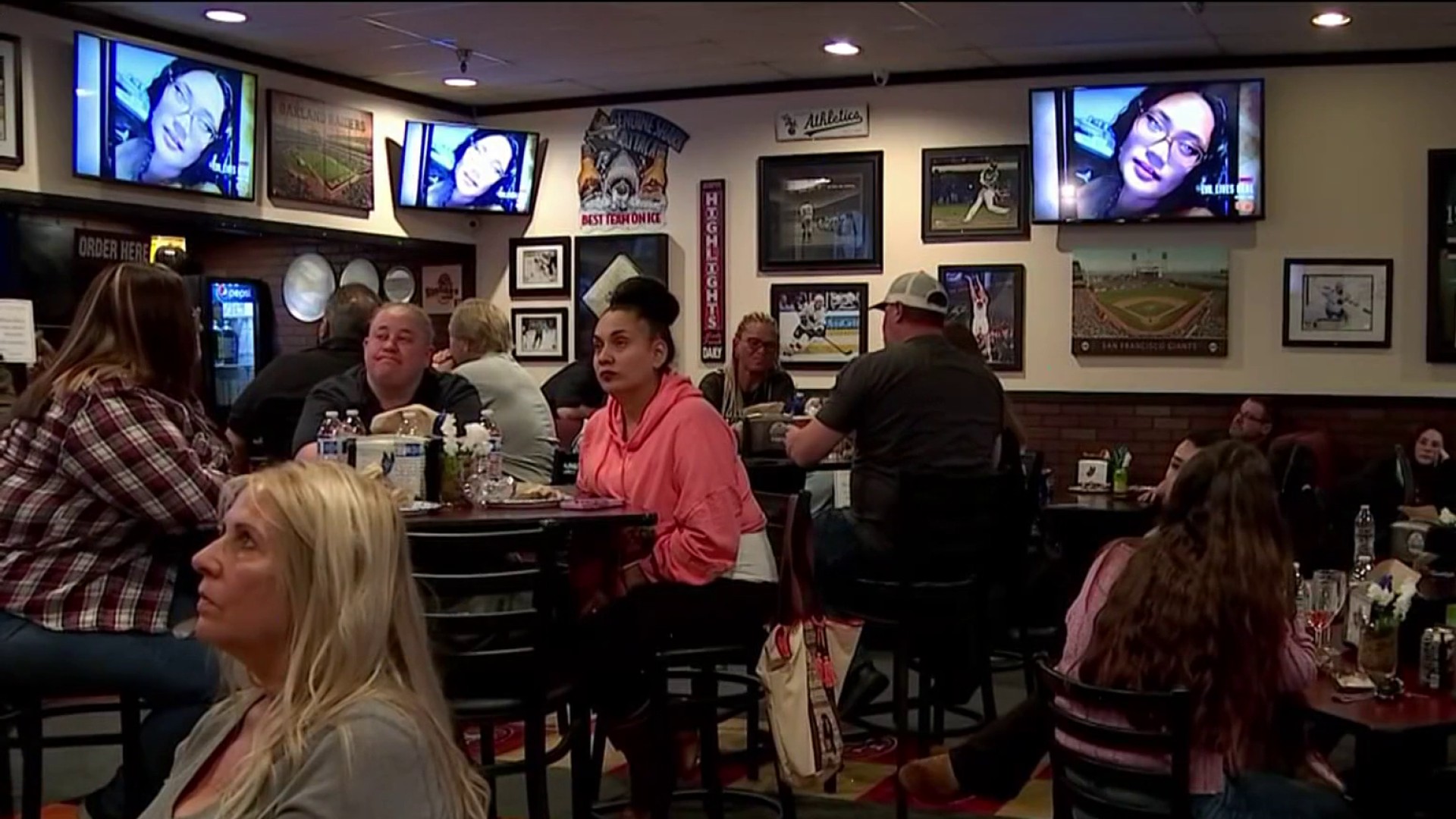Bay Area commercial Dungeness crab fishermen — used to struggling through inclement weather and labor strikes — are facing some of the biggest threats to their industry under new state regulations aimed at protecting migrating whales from becoming entangled in crab gear.
The new restrictions implemented by the California Department of Fish and Wildlife allow the agency to delay, or shut down the entire crab season altogether at any point if whales become ensnared in crab gear. Other options could include forcing the fishermen to haul in a portion of their gear until the risk of entanglements subside.
This week the state announced it was delaying the start of the commercial Dungeness crab season from Nov. 15 to Nov. 22 due to a high numbers of whales in traditional fishing areas. The whales were seen during flyovers the state is conducting prior to opening the season.
“Any kind of entanglement would be considered take of an endangered species,” said Calif. Department of Fish and Wildlife scientist Ryan Bartling.
The new regulations are the result of a lawsuit filed against the agency by the environmental group Center for Biological Diversity. The group sued the department in 2017 for “failing to prevent the crab fishery from entangling and killing endangered whales and sea turtles.”
Under a court-approved settlement, the 2018 commercial crab season closed April 15th, three months earlier than usual. The coming season is scheduled to close April 1st unless the state determines there isn’t a risk of whale entanglements.
“Their season last year and probably into the feature is not going to likely happen over the same time span they’ve come accustomed to,” Bartling said.
Local
The potential for sudden, and indeterminate closures has shaken the fishing industry of which Dungeness crab makes up a sizable amount. The crab industry generates between $70 to $90 million a year and employs thousands of people.
“If that were to persist beyond a year or so I think it would destroy the fishery,” veteran fisherman John Mellor said of the new regulations. “I think there’s no way we could make a living with those kind of triggers.”
Mellor serves on the Dungeness Crab Whale Working Group, a panel of fishermen, scientists and environmentalists who are working with Fish and Wildlife on management actions, and on developing a permanent plan to guide the fishery into the future.
“There’s a lot of us that are fighting really hard to try and save our industry,” Mellor said.
Scientists said the population of whales is increasing thanks to protections aimed at helping their dwindling numbers recover. At the same time, warmer waters are forcing whales to seek krill and anchovies closer to shore — putting them in heavily fished areas during active fishing periods.
“It’s a change in foraging behavior,” Bartling said. “There’s a lot of pots on the coast. We have a lot of fishing effort - having those two together presents a risk issue.”
The late start to the current season means crabbers will have limited time to get their catch into markets in time for the normally busy Thanksgiving Holiday. Retailers said they’re fearful over the threat that the season could shut down ay time, depriving crab lovers of their traditional delicacy.
“For the men and women who make their livelihood off it, that put food on the table for their families, it would be devastating,” said Angel Cincotta, co-owner of the Alioto-Lazio Fish Company on Fisherman’s Wharf. “The unknown factor causes a lot of anxiety and stress and uncertainty for the whole economic part of this whole equation.”
For all the new measures in place, the Center for Biological Diversity said in a press release this week the state isn’t doing enough. The group said three humpback whales have been entangled in crab gear since August 1st.
“With crabbers about to drop thousands of lines into the Pacific, state officials should be doing a lot more to safeguard endangered marine animals,” said the center’s legal director of ocean program Kristen Monsell in the statement.
Along Fisherman’s Wharf this week, thousands of crab pots stood in colorful stacks as forklifts scampered through the rows hauling them to waiting boats. Inside a dark warehouse, Mellor mended buoys and prepared his traps to go to sea. He acknowledged his industry was at a point of historic change but hoped ultimately the regulations would allow fishing and marine life to co-exist.
“So you have to weigh that against what’s reasonable and what makes sense in terms of saving whales because trust me, no fisherman wants to tangle a whale,” Mellor said. “It’s got to be a horrible feeling.”
CORRECTION (Nov. 12, 2019, 10:10 a.m.): A previous version of this story incorrectly stated when the start of the commercial Dungeness crab season will take place.



